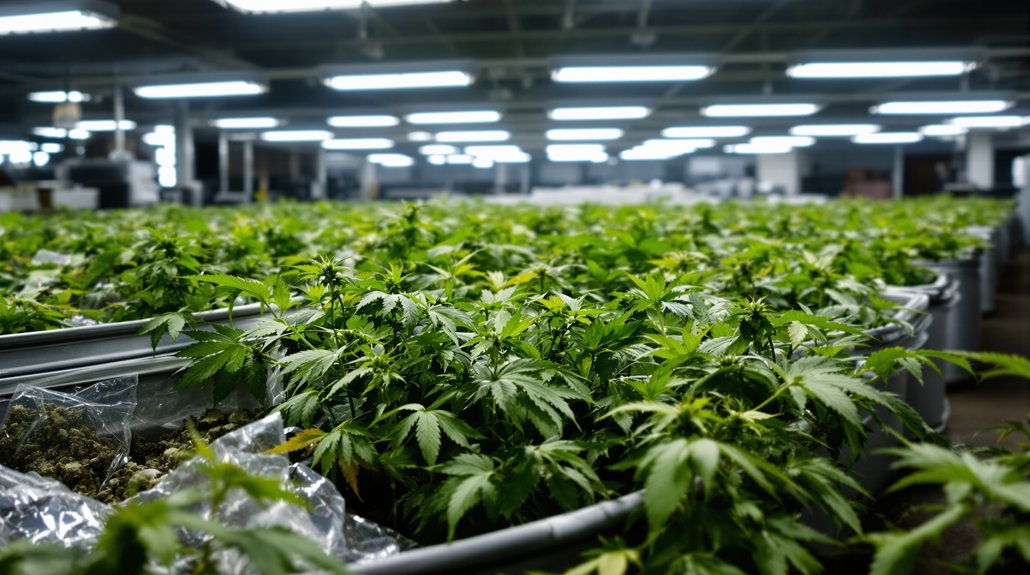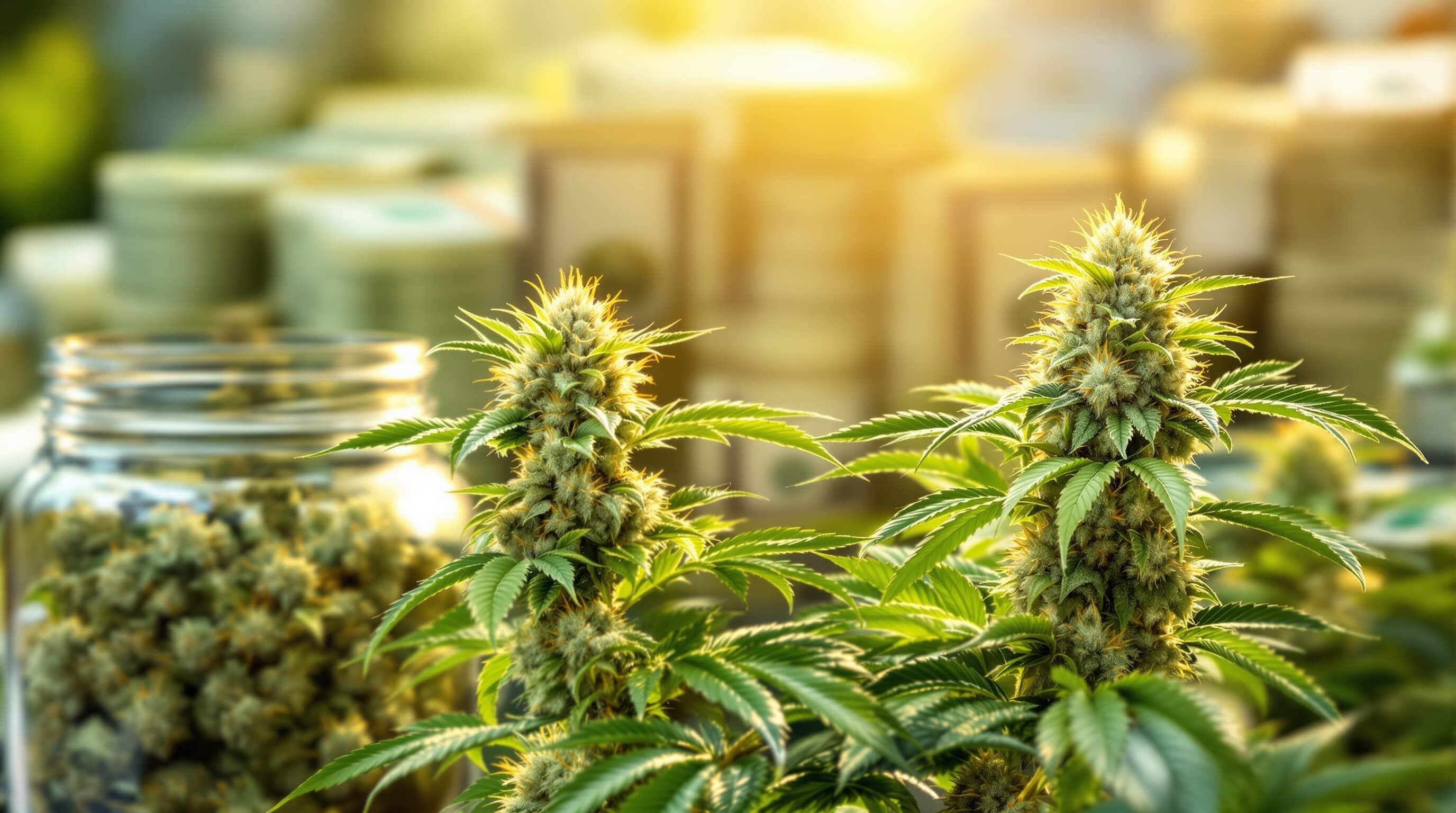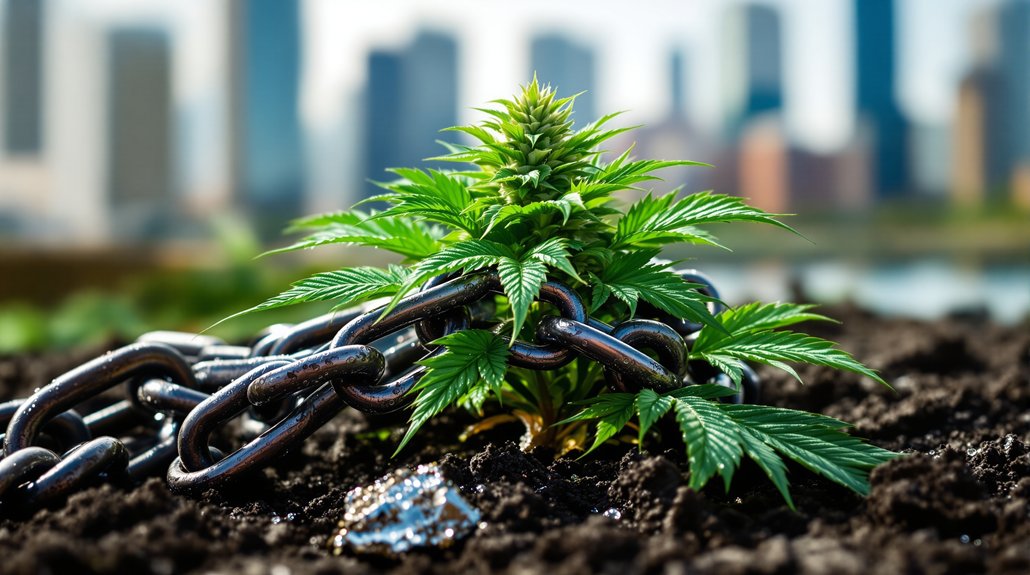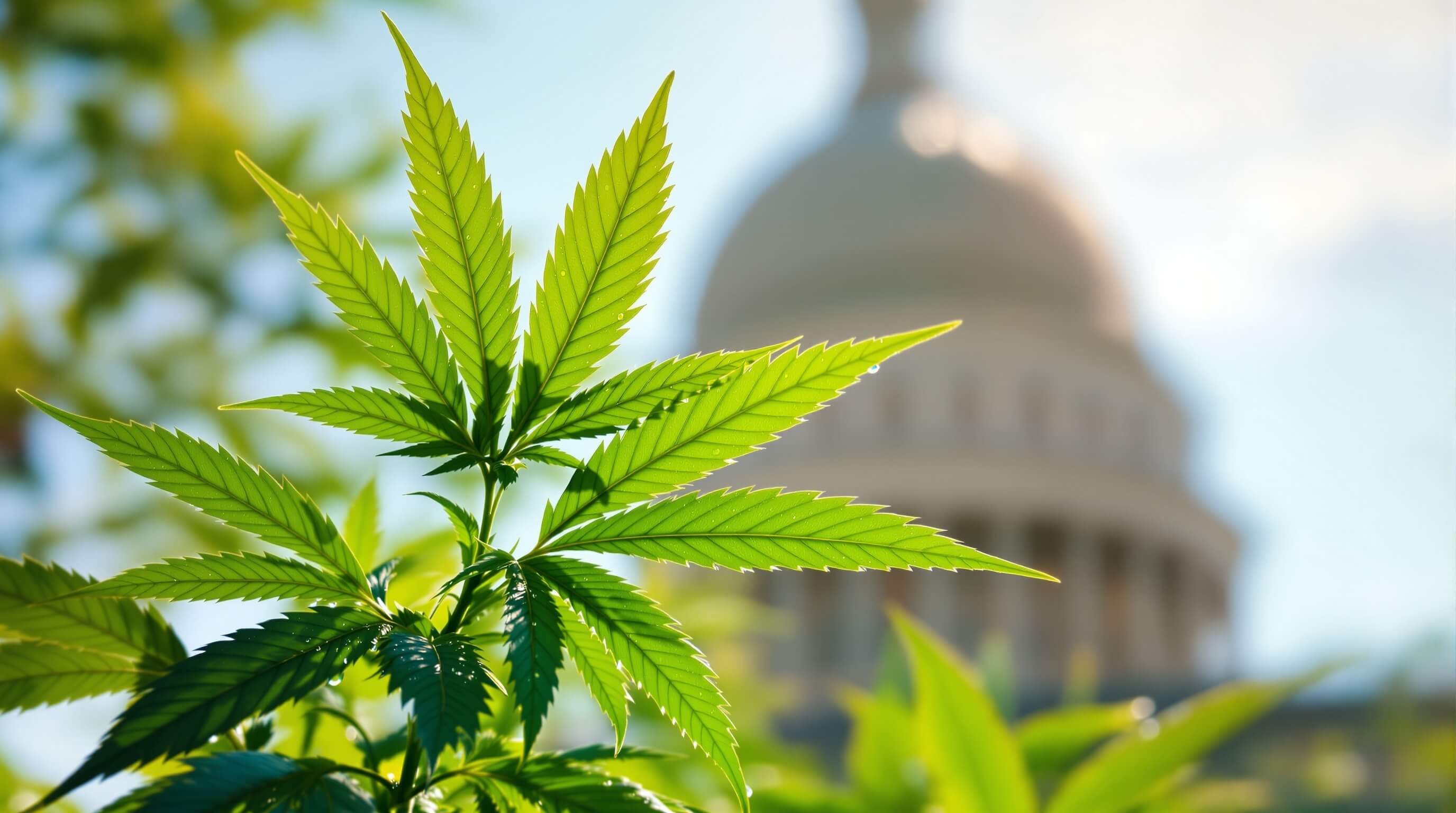The Drug Enforcement Administration continued its thorough cannabis enforcement operations throughout 2024, seizing approximately 5.3 million cultivated plants and making 5,764 marijuana-related arrests across the United States. These enforcement actions occurred despite ongoing legalization efforts in numerous states and growing public support for cannabis policy reform.
The DEA reported eradicating 16,330 cultivation sites during 2024, including 14,904 outdoor operations and 1,426 indoor grow facilities. This represents a wide-ranging enforcement approach targeting both traditional outdoor cultivation and sophisticated indoor production operations. The seizure numbers reflect a slight decrease from previous years, with 5.7 million plants seized in 2022 and 5.5 million in 2021.
Federal enforcement targeted over 16,000 cannabis cultivation sites in 2024, reflecting comprehensive operations against both outdoor and indoor growing facilities nationwide.
Federal marijuana-related arrests remain notably lower than state and local enforcement actions. The FBI reported 217,150 state-level marijuana arrests in 2023, highlighting the substantial difference between federal and local enforcement priorities. DEA arrests have declined considerably from 8,501 in 2011 to current levels, though numbers increased after 2020 following several years of decline.
Between 2011 and 2020, marijuana crop seizures dropped nearly 33% before rising again in recent years. This trend reflects both changing enforcement strategies and shifts in the legal landscape as more states implement extensive cannabis programs. These operations are further burdened by Section 280E restrictions that prevent cannabis businesses from deducting ordinary business expenses, resulting in effective tax rates as high as 80%. However, federal enforcement continues targeting illegal cultivation and distribution networks that operate outside state regulatory frameworks.
Interstate interdiction efforts yielded significant results, with over 63,000 kilograms of marijuana seized along the ten most heavily traveled corridors in 2024. Geographic enforcement concentrated in states without extensive adult-use frameworks or those experiencing large-scale illicit operations. California and Hawaii remained significant targets due to extensive illegal cultivation activities.
Asset seizures accompanying these enforcement actions totaled approximately $30.6 million in 2023, including both cash and physical property connected to cultivation and distribution networks. Law enforcement also confiscated 3,125 weapons during marijuana enforcement operations in 2024, indicating the intersection between illegal cannabis operations and other criminal activities.
The DEA introduced new tracking categories in 2024, including operations characterized as “Chinese-affiliated grows,” though only 15 sites received this designation. This represents a small fraction of total enforcement actions but indicates evolving concerns about international involvement in illegal cannabis cultivation.
Despite notable reductions in enforcement numbers compared to a decade ago, federal cannabis enforcement remains active. Critics highlight delays in DEA reporting and limited transparency in recent enforcement data. The lack of updated reporting has drawn criticism from advocacy groups who argue that withholding data hinders informed policy discussions during this period of changing marijuana laws. The continued federal enforcement occurs amid bipartisan political movement toward decriminalization and broader public acceptance of cannabis legalization, creating ongoing tension between federal policy and state-level reforms. The 35 states that participated in the DEA’s eradication program demonstrate the extensive geographic reach of federal cannabis enforcement efforts.









